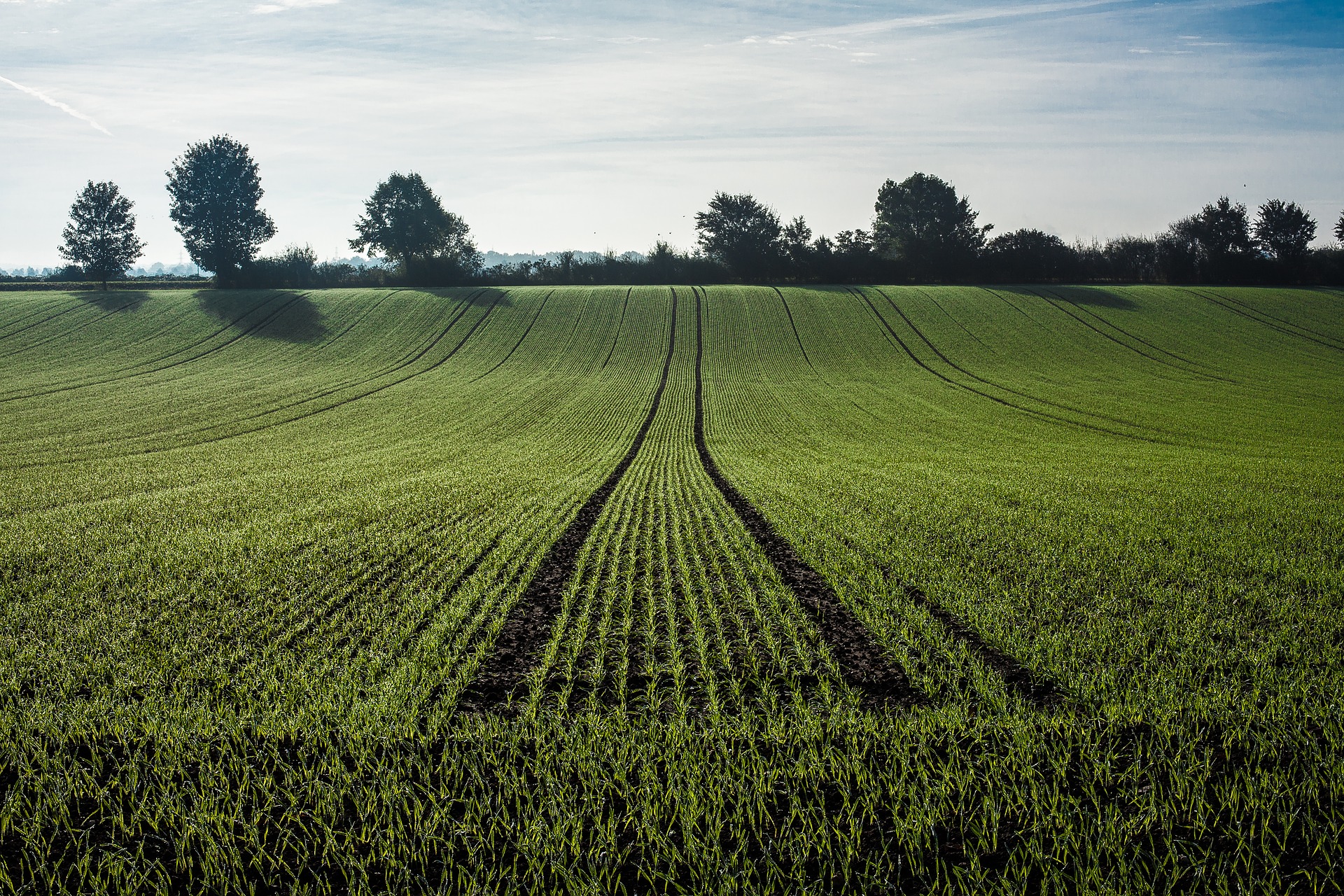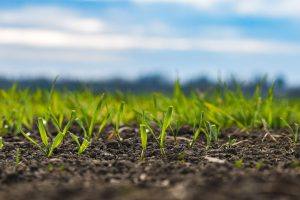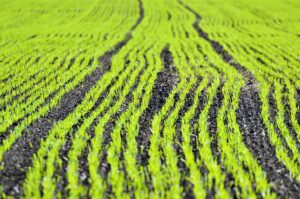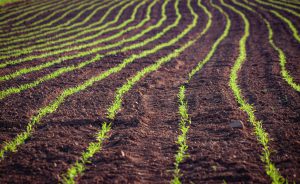Brussels, January 19, 2023
Today 9 companies announce the launch of the new Agricultural Crop Licensing Platform (ACLP), a non-profit organization which will be a collaborative source for plant breeding innovation, enabling access in Europe to innovative traits for seed companies of all sizes. The ACLP will offer a simple, legal framework for all breeders to use.
While plant breeding has been very successful in delivering today’s highly productive crop varieties, the rate of genetic gains must double to meet the projected future food and feed demands worldwide and cope with the ongoing climate change. This can only be achieved by continuous innovation by the plant breeding sector, which, in turn, requires access to and the possibility to use germplasm for further breeding.
The ACLP is designed to make access to and use of patented traits simpler and easier, as well as provide more legal certainty for its members. Members of the ACLP will benefit from easy access to breeding rights for patented traits contained in commercial varieties of agricultural crops available on the open market, providing a contractual, clearly defined and uniform limited breeders’ exemption across the ACLP territory[1].
Members will further commit to grant commercial licenses to their patented traits in the ACLP territory to other members under standard conditions enabling them to commercialize new varieties. To ensure full transparency at all times, information about ACLP accessible patented traits in commercial varieties will be entered, on a mandatory basis for ACLP members, in the Euroseeds PINTO database[2].
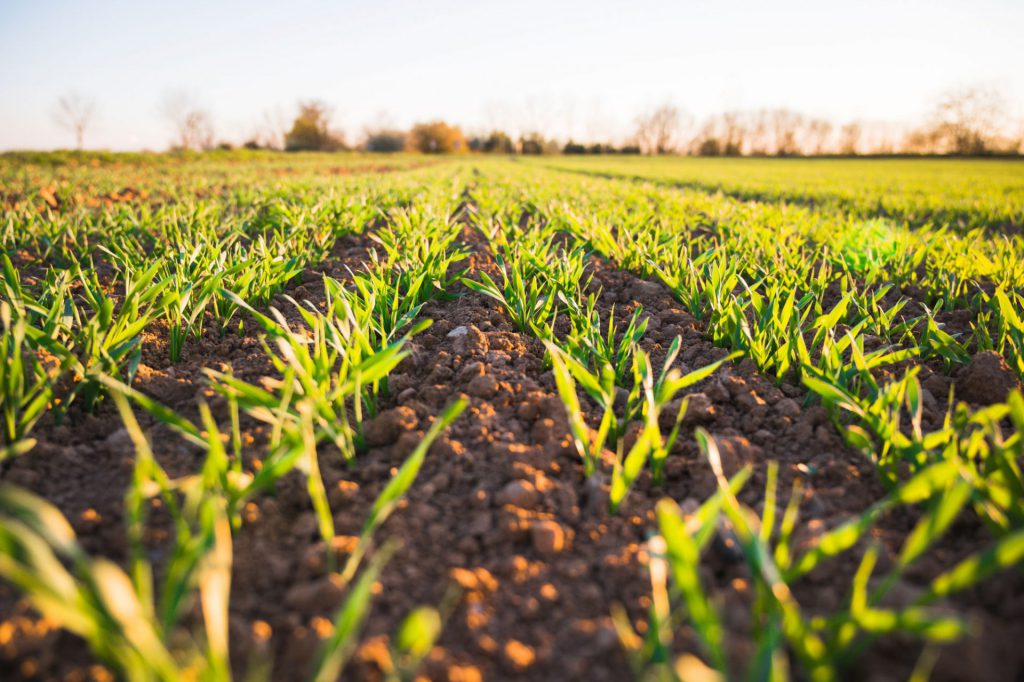
The ACLP is a non-profit legal entity founded by 9 plant breeding companies[3] of different size. The platform is open to all private or public sector organization involved in plant breeding or trait research and development in Europe. Small company members[4] will have the benefit of easy access and free membership during the first five years of existence of the ACLP. As Dr. Justus Böhm, Managing Director Böhm-Nordkartoffel Agrarproduktion GmbH & Co. OHG, puts it: “A seamless, easy access to new innovative breeding material is key for a medium-sized breeding company like ourselves. So the ACLP helps us to keep the limited breeders exemption in a changing IP landscape.”
The ACLP has the potential to contribute to a more sustainable food system as part of the objectives of the European Green Deal and the Farm to Fork Strategy. Plant breeding was responsible for 65% of annual crop productivity growth in the EU in the last 20 years[5]. Nevertheless, further innovation in plant breeding is essential to improve the economic situation of agriculture and to reduce its environmental footprint. To promote plant-based innovation, legal protection of intellectual property through both plant variety protection (PVP) and patent protection and the sharing of such intellectual property is important – and this is where the ACLP comes into play. Via a simple legal framework, it enables access to commercial varieties for breeding purposes and provides access to marketed patented traits with increased transparency, including eventually, traits developed with New Genomic Techniques.
After many months of work to define all relevant details, the ACLP has been designed to be beneficial to all breeders within the territory and further promote innovation in the plant breeding sector.
#EnablingInnovation
______________________________
[1] The geographical scope of the ACLP (Territory) will be 38 European Patent Organisation (EPO) member states, as well as Ukraine and Russia. Due to the ongoing war of Russia against Ukraine, the territory of Russia will be excluded from the scope of the ACLP until further notice.
[2] PINTO (Patent Information and Transparency On-line) was created with the aim of improving transparency regarding plant varieties that might fall under the scope of patents or patent applications: https://euroseeds.eu/pinto-patent-information-and-transparency-on-line/.
[3] The Founding members are identified at www.aclp.eu
[4] Small company members shall be defined according to EU Commission definition – a member together with its affiliates which, has less than 49 full-time employees and has realized less than 10 million € of agricultural crop seed revenues in a calendar year in the territory.
[5] HFFA Research GmbH study “The socio-economic and environmental value of plant breeding in the EU, specifically considering the EU’s “From Farm to Fork” and “Biodiversity” strategies”, May 2021.
